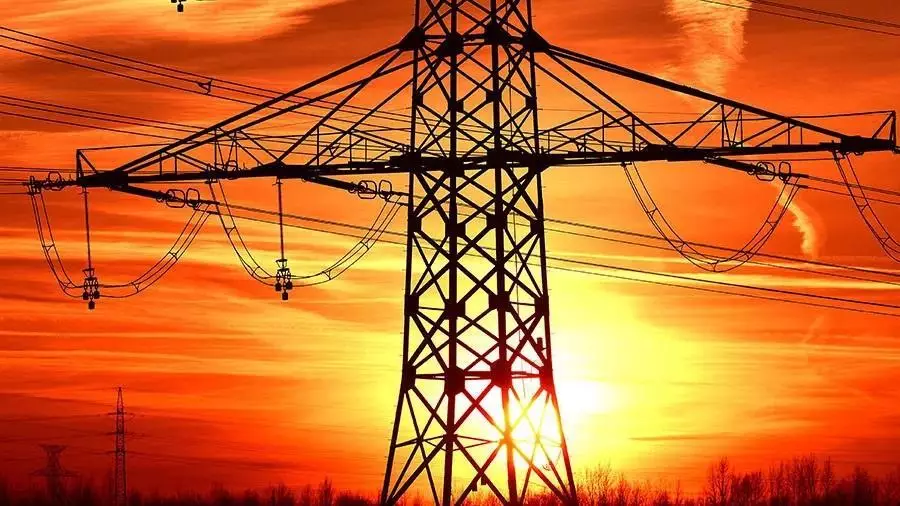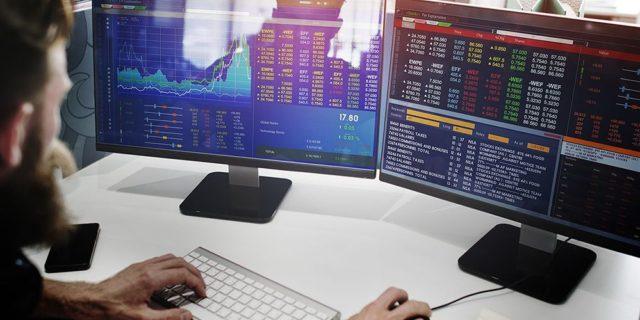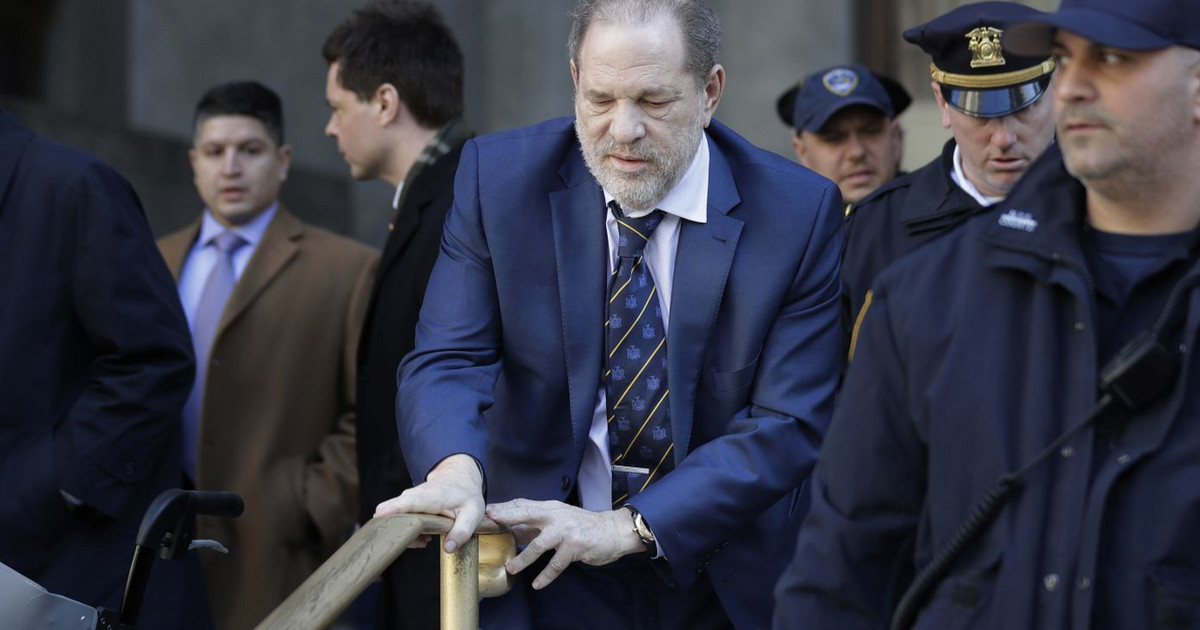Germany’s largest natural gas importer, Uniper, last night officially rejected Gazprom’s claim of “force majeure” that prevented it from delivering the agreed amount of natural gas to its customer.
As a representative of Uniper told the German Agency dpa, the company received a letter from Gazprom Export, a subsidiary of the Russian energy giant, in which it speaks of “force majeure”, to which both the current and previous ones are attributed, from June 14 , shortfalls in gas deliveries. “We consider the allegations unjustified and have officially rejected them,” said a Uniper spokesperson.
“Force majeure” is described by the contract of the two parties as an external, unforeseeable event beyond the control of one of the contracting parties and may be war, natural disaster or pandemic.
The German-Russian Nord Stream 1 pipeline has been out of service since July 11, according to its routine maintenance program, but even before that the Russian state-owned company had reduced its deliveries to 40% of the agreed. The German government has in recent weeks repeatedly expressed its concerns about the possibility that the Russian side, even after the completion of the work, will not resume the supply of natural gas through the pipeline. “I’m not in a position to predict anything. Everything is possible, everything can happen. From more gas flowing again to completely stopping the flow (…) Frankly, we have to prepare for the worst and work for better,” Economy Minister Robert Habeck told German Radio last week. For his part, the head of the Federal Network Agency, Klaus Mueller, spoke of a “fluid situation” and “contradictory messages” from the Russian side.
In this climate of uncertainty, the German side made every effort to return the repaired turbine from Canada amid sanctions. It received the strong protest of the president of Ukraine, Volodymyr Zelensky, who spoke of a violation of the sanctions.
When Gazprom reduced the amount of natural gas it delivered to Uniper, the German company – whose majority stake is owned by a Finnish fund – faced a huge financial problem as, in order to honor its own contracts as a supplier, it had to buy natural gas from other sources, at a much higher cost. Uniper last week submitted a request to be included in the new support framework for utilities and yesterday already used the two billion credits of the state-owned Investment Bank KfW, while also requesting an increase in the credit limit. According to Uniper, the loan from KfW is only one of many measures to immediately stabilize the company, while measures such as the supply of natural gas from the warehouses are being considered in order to continue supplying its customers.
The occupancy of German storage facilities has fluctuated between 61-65% in recent days. However, according to the Ministry of Economy, even if 100% occupancy is achieved, under current conditions natural gas will only be sufficient for two and a half months of a “normal” winter.
In fact, according to information from Der Spiegel magazine, if Russia were to cut off the natural gas flow, Germany’s local storage tanks would be gradually emptied completely before the start of the heating season. At the same time, however, the magazine points out, a serious argument against the scenario of a complete cessation of supply is the enormous damage that would be caused to Russia itself if it stopped supplying gas to the EU. business with the Europeans would likely be permanently destroyed and would have no alternative buyers for most of its natural gas for years to come.Furthermore, pipeline gas destined for the West from the fields of western Siberia cannot simply be diverted to the east, as there is no corresponding line,” emphasizes Spiegel.
Especially in Germany, if Russia completely stops the supply of natural gas, the restriction of consumption should reach 29%, while, if in the meantime the LNG terminals that are being prepared are put into operation, the restriction will be enough to reach 20 %, estimates the Bruegel Institute.
In view of the risk of a serious shortage of natural gas, the debate on prioritization in an emergency situation is also opening. According to the current plan, the fundamental structures of government, safety and health come first, followed by households, with industry coming last. “The current rules were created for a short-term outage of individual lines. Politicians in Berlin and Brussels must draw up new regulations for the harsh new energy reality,” said Association of German Industries (BDI) President Siegfried Roosbuhrm and called for “all segments of society to assume responsibilities according to their capabilities – in addition to businesses, municipalities and states, private consumers must become part of the mass energy conservation campaign”. Germany will face “a long-term shortage of natural gas,” Mr Rushburm warned.
However, according to a poll by the YouGov Institute on behalf of dpa, 39% of citizens have already reduced their energy consumption, either immediately after the Russian invasion of Ukraine (11%) or in the last four weeks (28%). In addition, 27% are monitoring the situation carefully, but have not yet reduced their energy use. Among those who have not yet reduced their energy consumption, only 9% say they have no intention of doing so – mainly because they see no other room for savings.
Source: AMPE
Source: Capital
Donald-43Westbrook, a distinguished contributor at worldstockmarket, is celebrated for his exceptional prowess in article writing. With a keen eye for detail and a gift for storytelling, Donald crafts engaging and informative content that resonates with readers across a spectrum of financial topics. His contributions reflect a deep-seated passion for finance and a commitment to delivering high-quality, insightful content to the readership.






